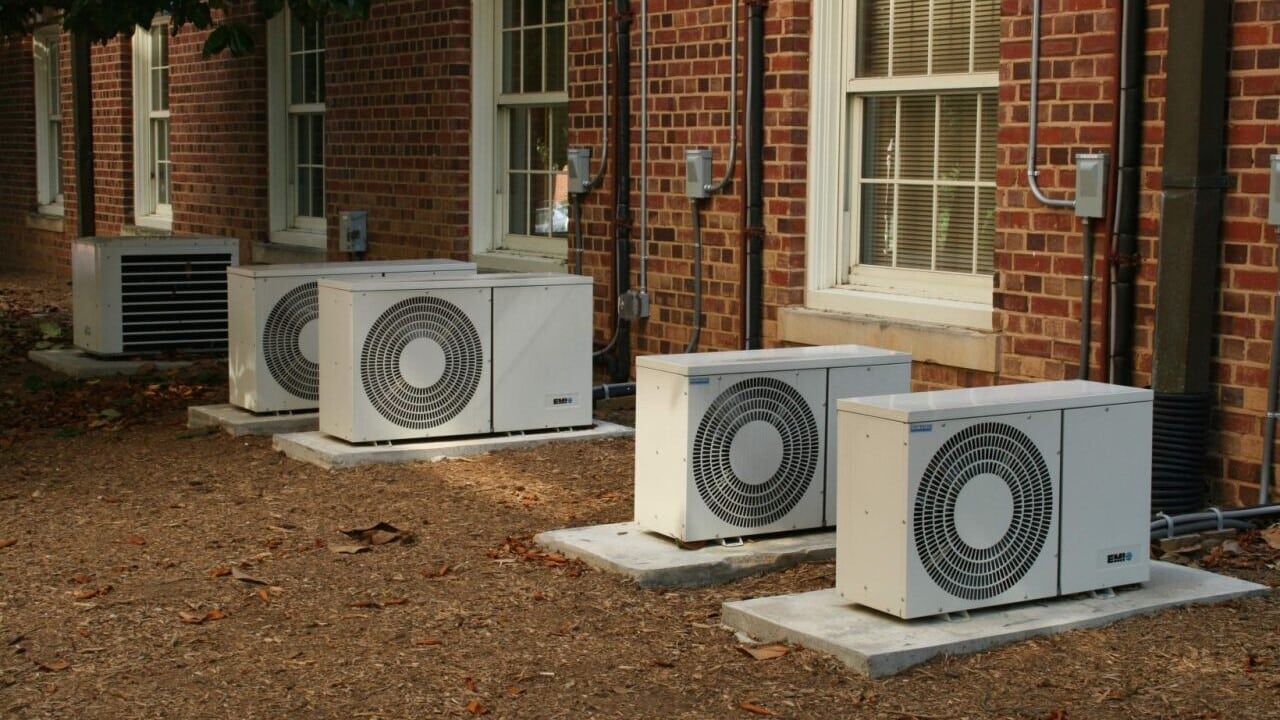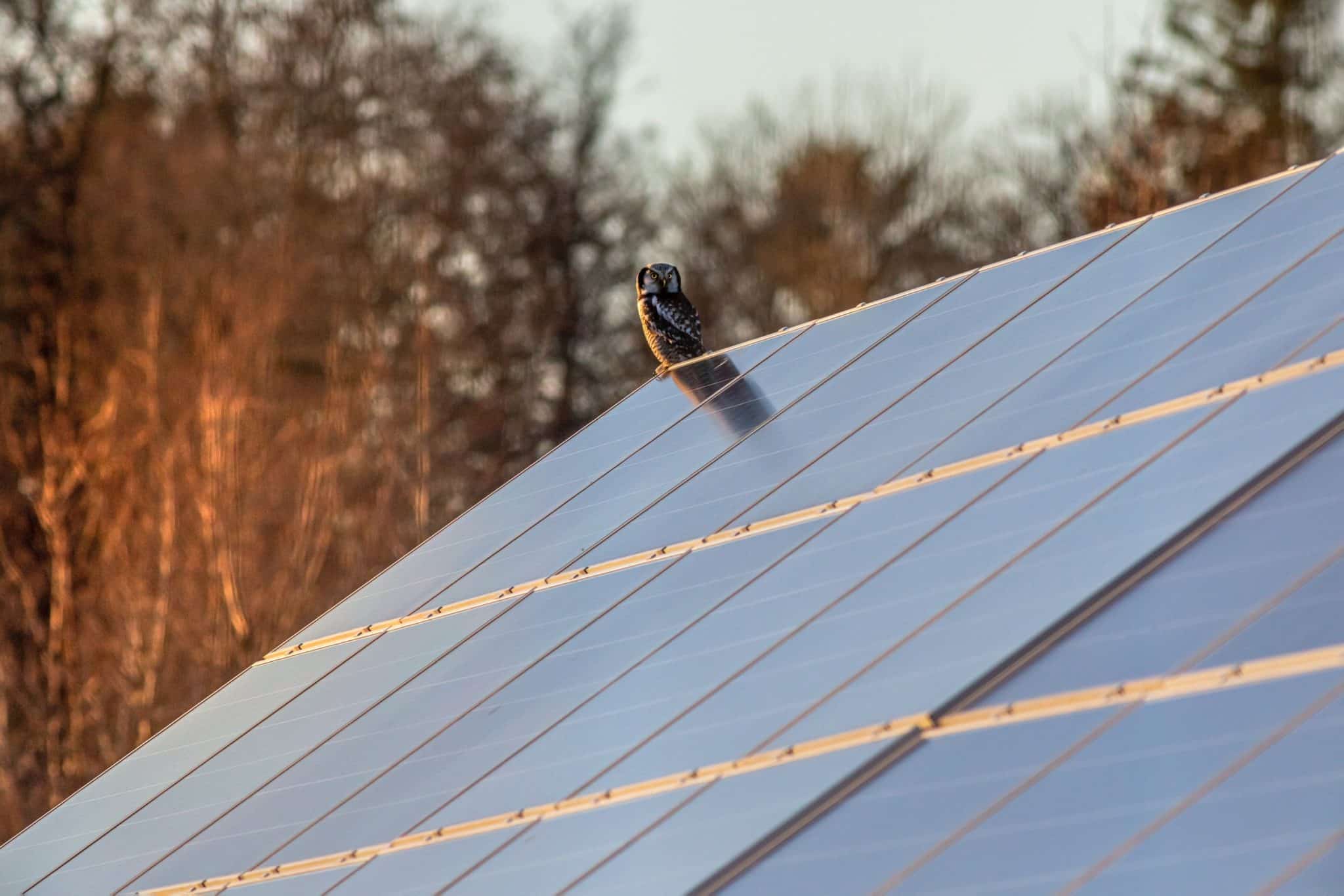
As environmental concerns mount and energy prices fluctuate, heating system technology is undergoing a transformation. The traditional methods that have warmed our homes for generations—oil, natural gas, and electricity—have new competitors. To navigate the coming changes, it’s necessary to understand what heating will entail in the very near future.
The Rise of Heat Pumps

Heat pumps, once a costly option, have matured into a practical and efficient alternative to traditional heating systems. Drawing thermal energy from the ground or air, these systems promise not just consistent warmth but a significantly reduced carbon footprint. Countries clamoring for eco-friendly solutions are subsidizing their adoption, leading to a notable rise in heat pump installation across Europe and North America. As costs continue to drop, expect heat pumps to become a go-to fixture in contemporary homes.
A notable advantage of heat pumps is their dual functionality, which allows them to provide both heating and cooling. By reversing the refrigeration cycle, these systems can also keep homes cool in the warmer months, adding to their value. This year-round utility makes heat pumps an attractive option not just for reducing emissions but also for maximizing energy use throughout the year, providing an all-in-one climate control solution.
Hydrogen’s Potential
As the quest for clean fuels intensifies, hydrogen emerges as a contender with genuine promise. Unlike natural gas, burning hydrogen produces water vapor, not CO2, thus offering a cleaner alternative. The infrastructure for hydrogen generation, due to its reliance on water and renewable energy, can be sustainable and localized. This reality has pushed some governments to invest heavily in “hydrogen economies,” paving the way for mass adoption in both residential and commercial heating.
Hydrogen boilers are making strides as feasible residential heating options. When integrated into existing gas grids, especially those undergoing conversion to hydrogen compatibility, these boilers can seamlessly transition communities towards a cleaner energy future. The adaptability of this technology, coupled with continuous research, ensures hydrogen is primed for significant expansion in the coming years.
For those navigating the transition to hydrogen or heat pump systems, consulting HVAC experts near you could provide valuable insights and aid in making informed decisions regarding installation and energy efficiency improvements.
Solar Heating Advancements

Despite originating from the world’s most abundant energy source, solar heating has struggled with efficiency constraints. However, recent breakthroughs in photovoltaic and thermal solar panel designs are changing that narrative. These advancements have brought down costs and increased energy yield, making solar heating systems a viable replacement in sun-soaked regions. Expect to see more rooftops sporting solar panels dedicated not just to power generation but to heating as well.
The integration of battery storage with solar heating systems is a development gaining traction. By capturing surplus energy during daylight hours, homeowners can store and utilize it when sunlight is at its minimum, ensuring a steady and renewable heating source. This synergy between solar and storage technology offers a reliable alternative to fossil fuels, primed to power homes sustainably year-round.
Embracing Smart Grids
Heating systems are increasingly becoming interconnected, borrowing the principles of smart-grid technology. Real-time adjustments to energy supply and demand result in optimized consumption and consequent cost savings. Intelligent temperature systems lean on data analytics and internet communication to anticipate and cater to residents’ heating needs. This interconnectedness, while reliant on stable internet infrastructure, could well become standard practice.
Moreover, these smart systems can learn and adapt to occupants’ habits and preferences. By programming and adjusting based on day-to-day activities, these systems offer personal comfort with minimal input, promising not just convenience but an evolving approach to energy saving. As artificial intelligence progresses, these smart systems will only grow more intuitive and responsive, transforming how we experience heating.
Biomass: Not a Relic
Though wood and organic matter as heat sources might seem archaic, technological improvements are injecting new life into biomass energy. When harvested sustainably, biomass offers a renewable alternative with profound environmental benefits. Current biomass systems can rival the efficiency of natural gas, albeit with fewer emissions. This resurgence, while not suitable for every dwelling, provides an appealing option for rural locales with easy access to organic fuel.
The development of pellet stoves and advanced furnaces has modernized biomass heating systems, improving their output and ease of use. At the same time, efforts are underway to cultivate biomass fuel that can grow quickly and sustainably, ensuring a steady resource supply. These advances make biomass a more attractive option for areas where this fuel source is abundant and affordable.
The Road Ahead
The heating systems of tomorrow present an array of alternatives, each with its own merits and setbacks. As governments and private enterprises push toward energy autonomy and reduced emissions, the direction is clear. Those investing in sustainable heating technologies now can expect not only savings but also an invaluable contribution to global climate goals. Therefore, as antiquated systems begin to phase out, the future of heating looks not only warm but much greener as well.
